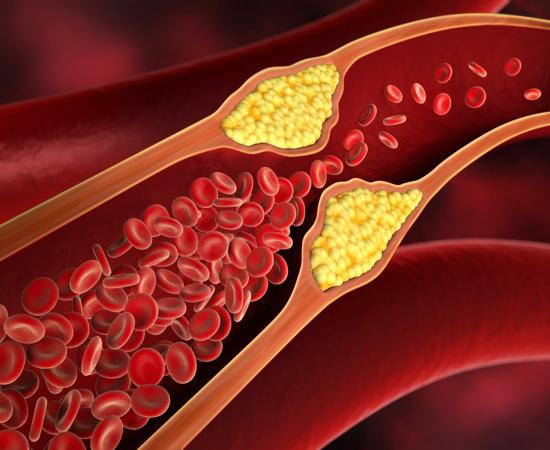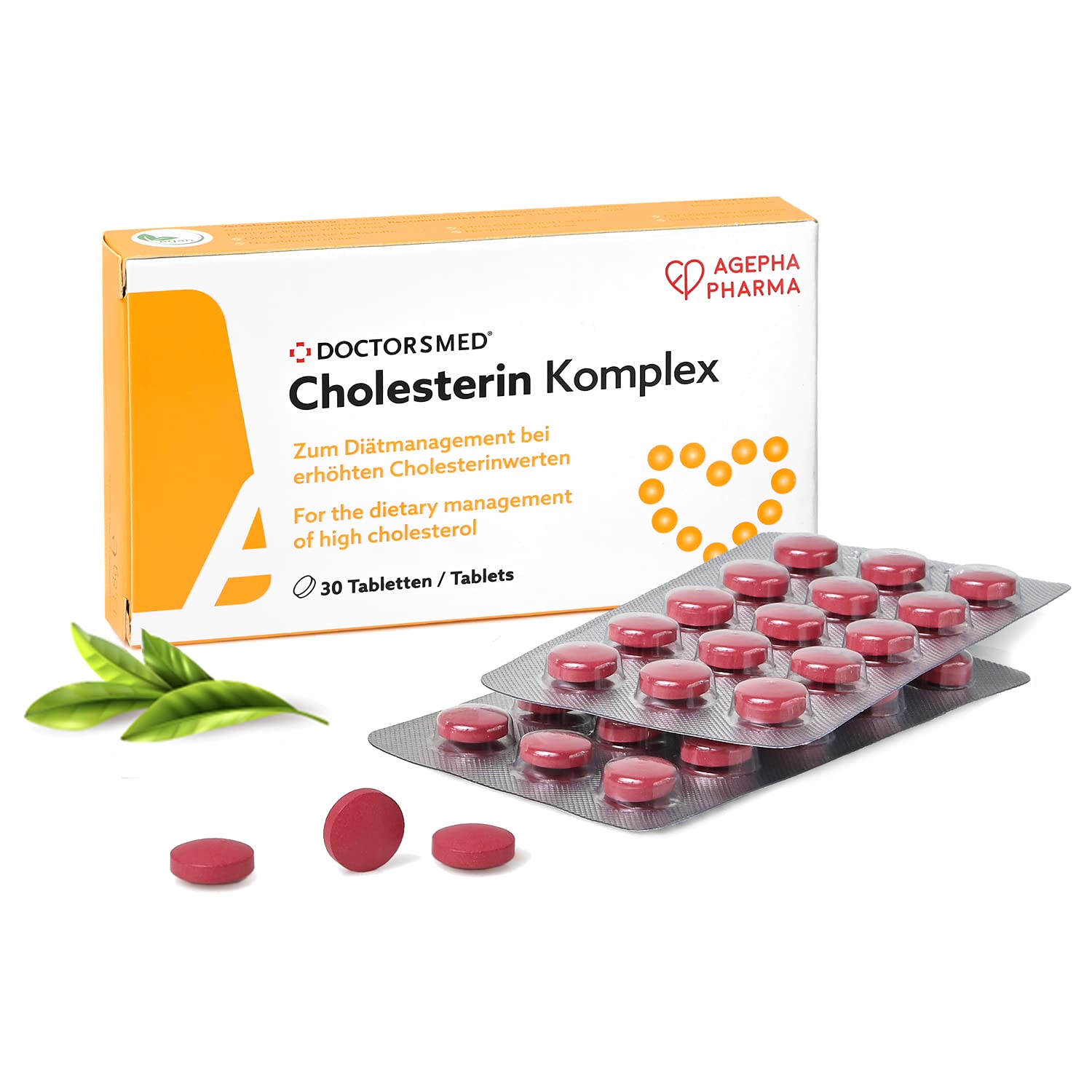Introduction
High Cholesterol is a common condition that affects millions of people around the world. It is characterized by elevated levels of cholesterol in the blood, which can increase the risk of various health problems, including heart disease, stroke, and other serious conditions. In this article, we will explore the symptoms, causes, and treatment options for high cholesterol, as well as provide helpful tips for managing this condition.
Benefits of Managing High Cholesterol
Managing high cholesterol can offer a number of important benefits, including:
- Reduced risk of heart disease and stroke
- Improved overall health and well-being
- Increased energy levels
- Better cholesterol levels
- Longer life expectancy
Frequently Asked Questions About High Cholesterol
1. What are the symptoms of high cholesterol?
High cholesterol does not typically cause any symptoms, which is why it is often referred to as a “silent” condition. However, in some cases, individuals may experience symptoms such as chest pain, heart palpitations, and shortness of breath.
2. What are the causes of high cholesterol?
High Cholesterol can be caused by a number of factors, including genetics, diet, lack of exercise, obesity, smoking, and certain medical conditions. It can also be influenced by age, gender, and ethnicity.
3. How is High Cholesterol diagnosed?
High cholesterol is typically diagnosed through a blood test called a lipid panel. This test measures the levels of cholesterol and triglycerides in the blood, and can help determine if a person has high cholesterol.
4. What are some foods to avoid if you have High Cholesterol?
If you have high cholesterol, it is important to avoid foods that are high in saturated fats, trans fats, and cholesterol. Some examples of foods to avoid include fried foods, processed meats, full-fat dairy products, and baked goods.
5. What are the treatment options for high cholesterol?
Treatment for high cholesterol may include lifestyle changes, such as adopting a healthy diet and increasing physical activity, as well as medications, such as statins and other cholesterol-lowering drugs. In some cases, a combination of lifestyle changes and medication may be necessary to effectively manage high cholesterol.
Conclusion
High cholesterol is a common and serious health condition that can increase the risk of heart disease, stroke, and other serious health problems. By understanding the symptoms, causes, and treatment options for high cholesterol, individuals can take proactive steps to manage this condition and improve their overall health and well-being. If you suspect you have high cholesterol, it is important to consult with a healthcare professional for proper diagnosis and treatment.


